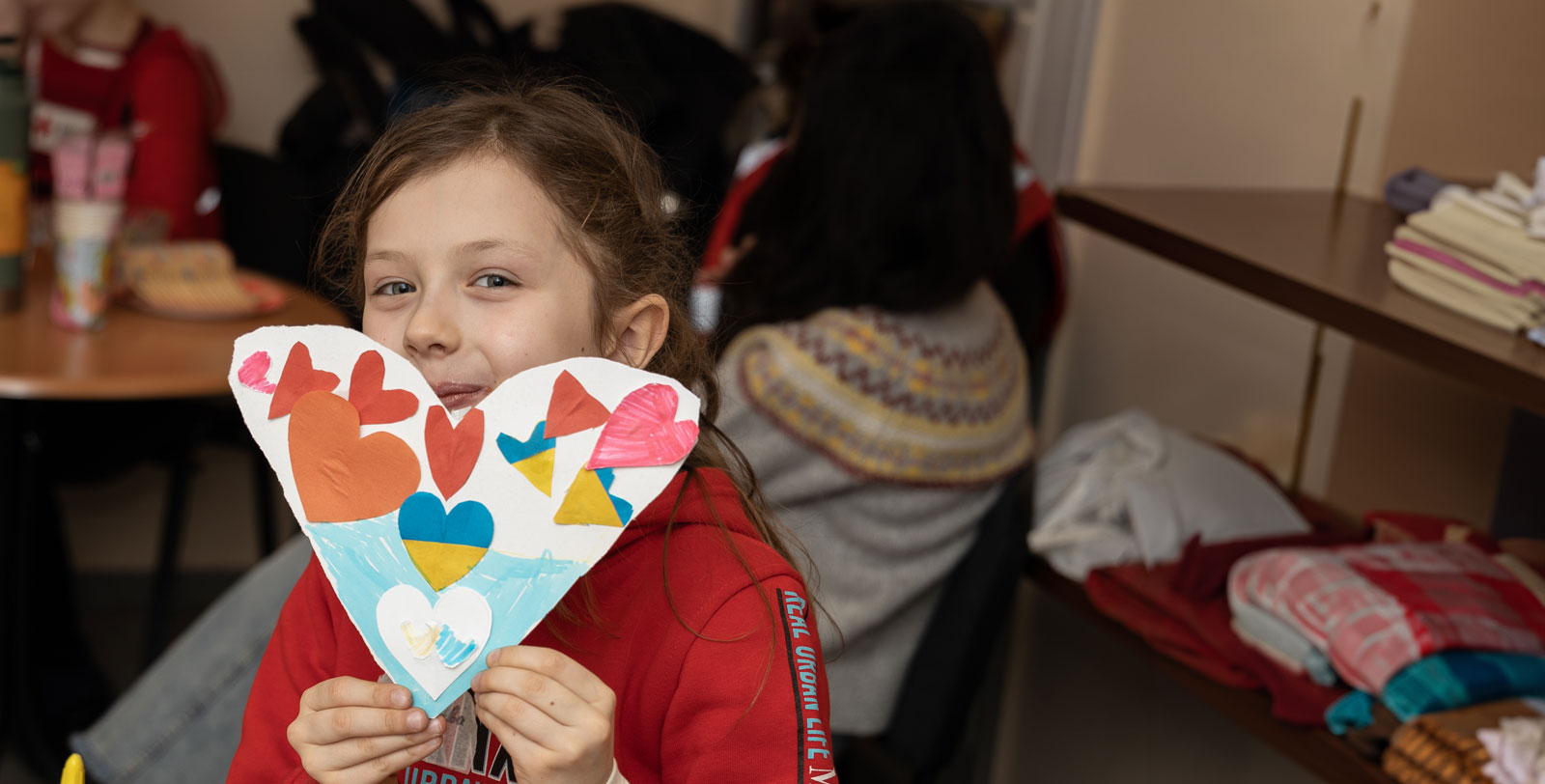
Stay connected with psychosocial support and the latest news and events
The IFRC Psychosocial Centre (PS Centre) contributes knowledge and provides service to the Red Cross Red Crescent Movement. It assists in facilitating mental health and psychosocial support, promotes psychosocial wellbeing for affected groups, staff and volunteers, and increases awareness of psychological reactions in times of crisis or social disruption.
The PS Centre is hosted and supported by Danish Red Cross. It receives financial support from a number of National Societies, institutional and private donors including the European Commission and DANIDA.
© 2023 IFRC Psychosocial Centre. All rights reserved.
Site language: